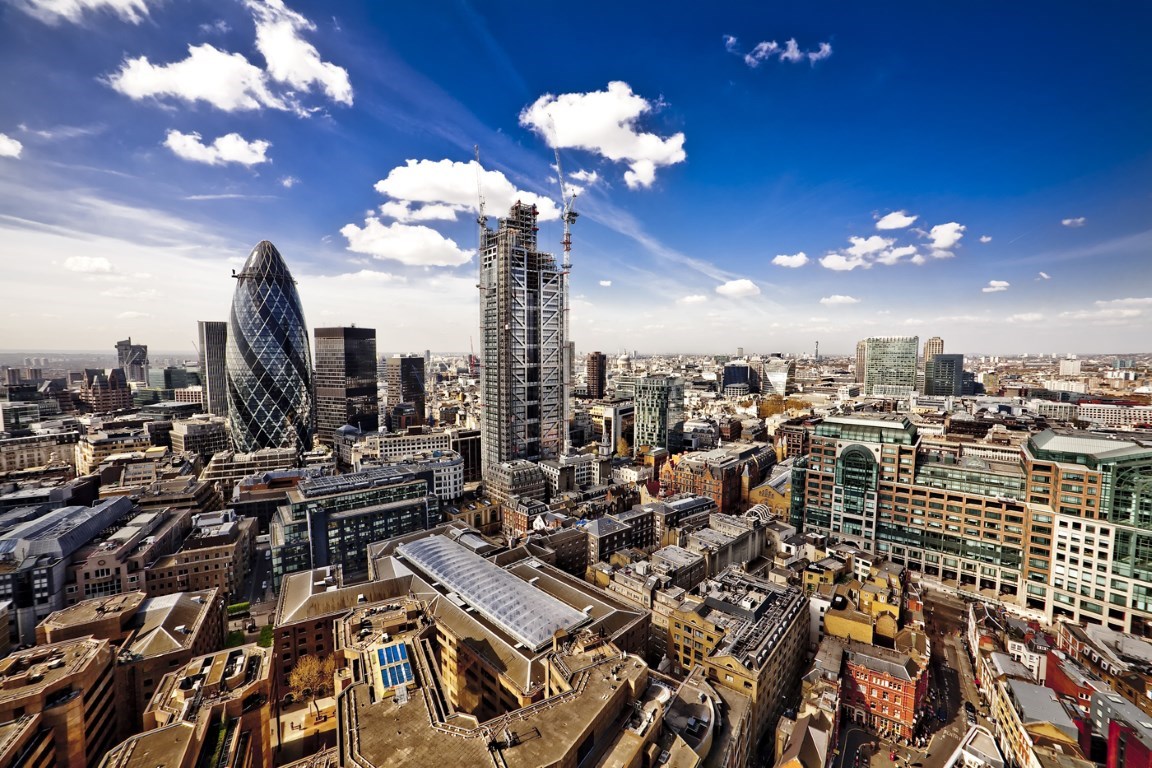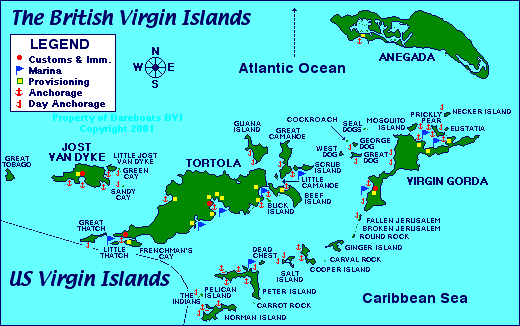The British tax haven
February 13, 2018 | Expert Insights

An analysis conducted by the BBC has revealed that 23,000 properties in the England and Wales are owned by a number of overseas firms that are held by registered entities in the British Virgin Islands.
The region is generally considered a tax haven for the ultra-rich. This accounts to nearly a quarter of all property owned by overseas firms in England and Wales.
Background
A tax haven is a jurisdiction that has a low rate of tax or does not levy a tax and also offers some degree of secrecy. Definitions vary; some definitions focus purely on tax: for example, one widely cited academic paper describes a tax haven as a jurisdiction where particular taxes, such as an inheritance tax or income tax, are levied at a low rate or not at all.
The Caribbean offers some of the most popular tax havens in the world, providing benefits such as very low tax liability and financial privacy. Among the most used Caribbean tax havens are the Bahamas, Panama and the Cayman Islands.
Panama Papers
The Panama Papers are 11.5 million leaked documents that detail financial and attorney–client information for more than 2,14,488 offshore entities. The documents were leaked to a German journalist called Bastian Obermaye. The documents belonged to Mossack Fonseca, a Panamanian law firm and corporate service provider.
Many influential and powerful people from across the world including politicians were implicated in these documents. Journalists who investigated them found that many of these transactions were legal. However, some of the shell companies that had been set up were indulging in illegal activities. It was the International Consortium of Investigative Journalists (ICIJ) that posted the full document on its website. The fall of political leaders like Pakistani Prime Minister Nawaz Sharif can be traced back to investigations that stemmed off from the Panama Paper leaks.
Paradise Papers
The leak, dubbed the Paradise Papers, contains 13.4m documents, mostly from one leading firm in offshore finance called Appleby. German newspaper Süddeutsche Zeitung obtained these files and then shared them with the ICIJ.
Unexplained Wealth Order
On 27th April 2017, the UK parliament passed a provision of the Criminal Finance Bill that introduces method to tackle corruption in the region. It was called the Unexplained Wealth Orders. This followed the actions already taken by governments in Australia and Ireland. The UK law enforcement agencies can now use an Unexplained Wealth Order to investigate the source of that money, and, if it is found to be corrupt money, more easily return it to those from whom it has been stolen.

Analysis
The British Virgin Islands (BVI) is also considered an ideal place by the extremely wealthy to establish offshore bank accounts. What makes the region ideal is that it does not impose any taxes on offshore accounts, and it has no tax treaties with other nations, thus protecting the financial privacy of bank account holders.
An exclusive report by the BBC has revealed that 23,000 properties in England and Wales are owned by a number of overseas firms that are held by registered entities in the British Virgin Islands. This is nearly a quarter of all property owned by overseas firms in England and Wales.
The team behind the investigation found that nearly 44% of all the property that was scrutinized was located in London. The report notes, “While the most expensive buildings are commercial properties such as hotels and office blocks in prime central London locations, many are residential properties rather than business premises.”
"Until April 2017, if you weren't resident in the UK and held a residential property via a company it was not counted as being an asset for UK-based inheritance tax purposes. So having a property through an offshore company meant you escaped inheritance tax," says Mark Giddens, of accountants and consultants UHY Hacker Young. However, the UK government has been working on addressing loopholes in the system and it is now not possible to avoid inheritance tax in the region. Thus, the government is hoping to end the attraction towards tax havens.
Assessment
Our assessment is that at its core, offshore accounts are not illegal, but some do use these discreet platforms for illegal activities. Furthermore, it is about inequality between the “have’s” and the “have-nots”. The lack of transparency is also troubling.








Comments